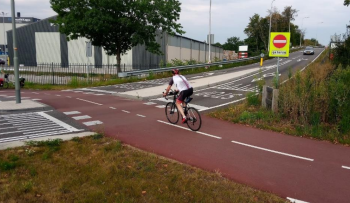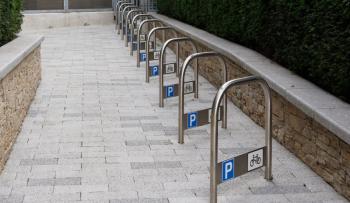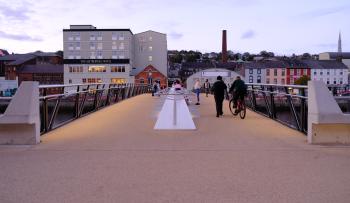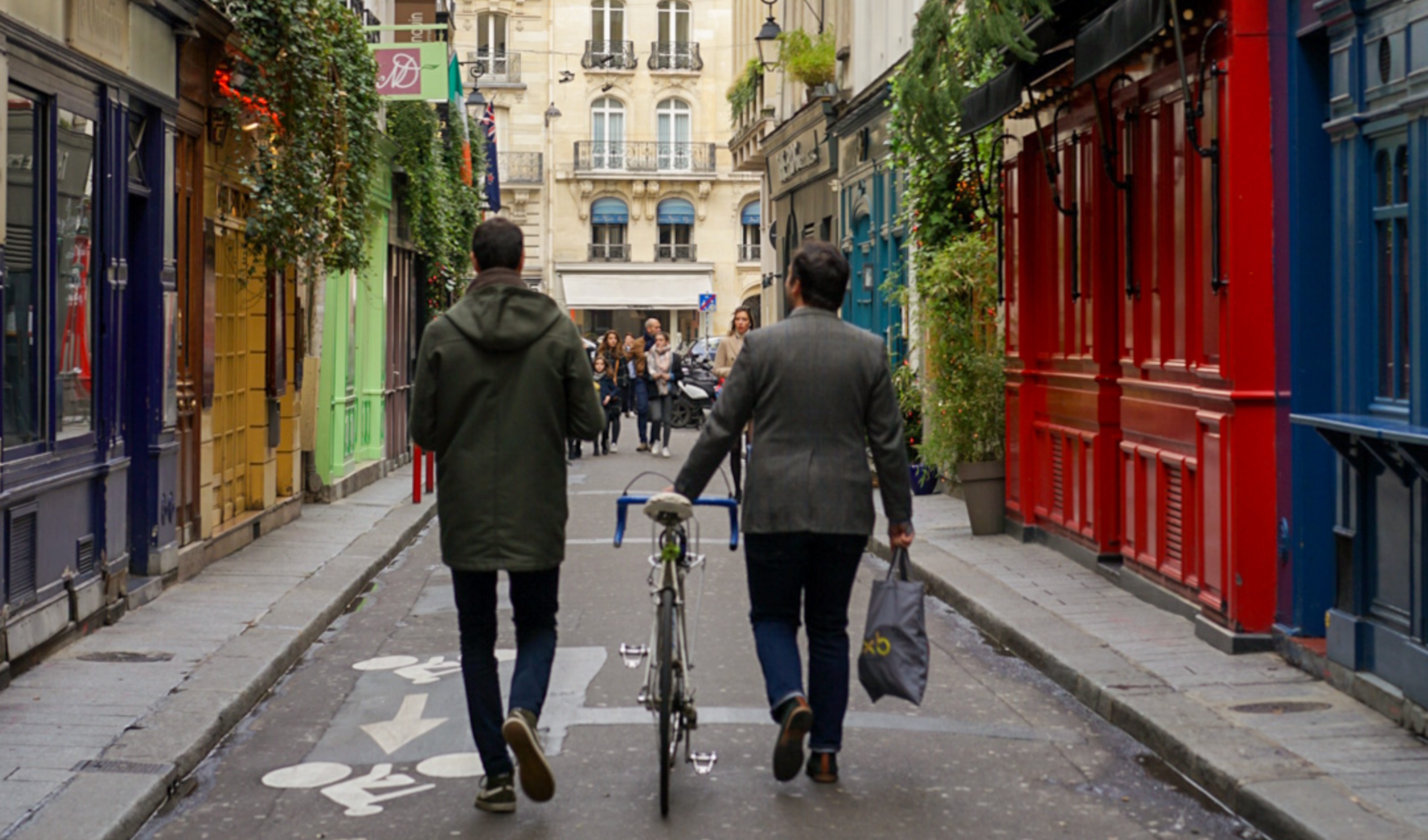
Cycling towards the 15-minute cities
A new vision of urban life is emerging from the coronavirus crisis. Teleworking, the drop in air and noise pollution levels and the bicycle boom are encouraging Europeans to rethink their car-oriented cities. From Paris to Milan, an innovative idea is gaining ground: cities where all residents are able to meet most of their needs within a short 15-minute walk or bicycle ride from their homes.
As the COVID19 crisis has progressed, cities have been adjusting their urban lives to the new normal. Some European mayors have decided to take advantage of this “life-changing” moment to present ambitious plans that reshape the entire city paradigm. Paris was the first city to formulate the idea of "la ville du quart d'heure" and many cities all over the world have followed suit: Milan, Portland, Glasgow, Melbourne, Bogota, Ottawa...
Preparing the post-car world
The theory of the 15-minute city is simple but challenging: over the last decades we’ve created urban life around the motor vehicle, let's make cities livable again on a human scale, by foot or pedal. Work, home, shops, entertainment, education, healthcare and green spaces should all be available within 15 minutes walkable or cyclable —the same time that a commuter might once have waited on a railway platform or spent looking for a car parking.
This proposal of a post-car city has gained momentum during this health crisis because of the need to reclaim streets to allow for people to move around without crowding. However, the 15-minute city emerged originally as a response to climate change and motor vehicle pollution, which is also closely related to the spread of the coronavirus in cities.
This theory is also a new approach to making city life more local, pleasant and slow-paced. City councils are beginning to realize that a better quality of urban life inevitably means fewer cars on the streets.
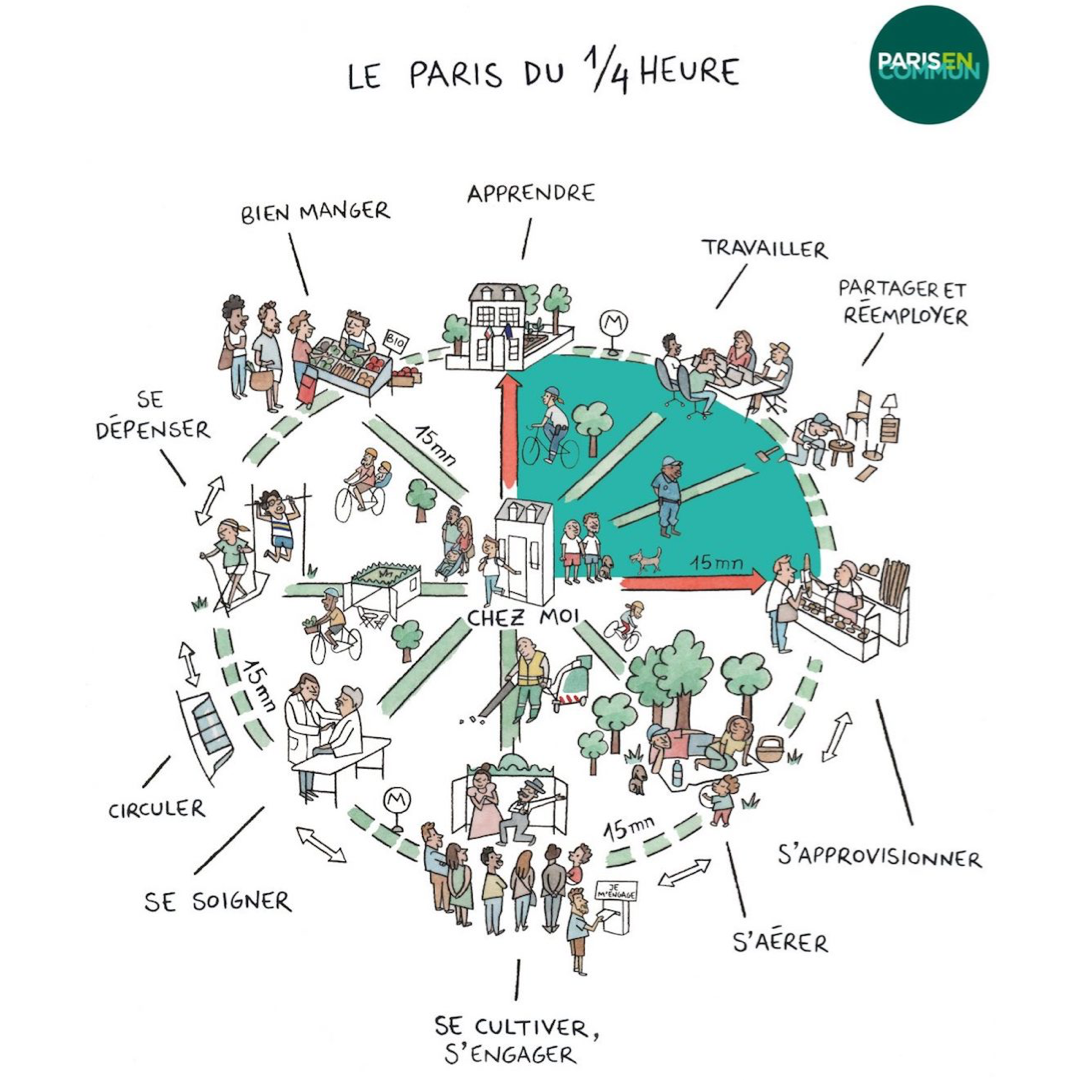
The bicycle, the queen of 15-minute cities
If the primary goal of EU recovery funds is to build more resilient, greener and fairer societies, cycling can not be left out of the equation. During this crisis, the bicycle has not only proved to be the best solution to mobility issues, but also a cheap and efficient response for municipalities. Over 2.000 km of bike lanes have been announced in Europe to combat Covid-19 and smooth the transition out of lockdown. Cities and regions that once seemed to be unfriendly to cyclists —too hilly, too rainy, too windy or too unsafe— are today crowded with bicycles. All thanks to a golden rule: more cycling infrastructure and less cars.
Anne Hidalgo and Giussepe Sala, the mayors of Paris and Milan, seized the moment of the lockdown to push forward their 15-minute city projects. Hidalgo boosted her “Paris Respire” programme, turning 70 km of traffic lanes into cyclist-friendly “corona pistes”. Milan installed 35 km of new bike lanes. The northern Italian city transformed thousands of square meters dedicated to car roads into walking areas and terraces, allowing citizens to keep the social distance and stay healthy.
Both city councils announced these pro-cycling measures to enhance the quality of life with 15-minute cities and many other European mayors have also shaped how our cities and towns progress after the crisis. ECF has been tracking all these new cycling measures in this dashboard.
A long-term strategy for urban regeneration
The 15-minute city strategy reveals a reality that all European governments must take into account: to reduce transport carbon emissions it is essential to design car-free cities. The European Green Deal aims to achieve a 90% reduction in transport emissions by 2050, a target that cannot be reached just by replacing fuel-based vehicles with electric vehicles. Neighbourhoods where anyone can meet their basic needs without moving in a car represents a much more realistic strategy to curb CO2 emissions.
Perhaps the most difficult piece of this puzzle, commuting to work, has been solved by the recent implementation of teleworking in Europe. The quarantine has made it clear that we need to change the way we live, work and move, and that these changes are feasible with today's technology. Cycling can unlock the potential of the cities of tomorrow: urban spaces where life will be nearer, greener and healthier. The "what if" moment is already over, it is time to take action and Milan and Paris have taken the first step: switching roads for bike paths.
Regions:
Contact the author
Recent news!
Contact Us
Avenue des Arts, 7-8
Postal address: Rue de la Charité, 22
1210 Brussels, Belgium

